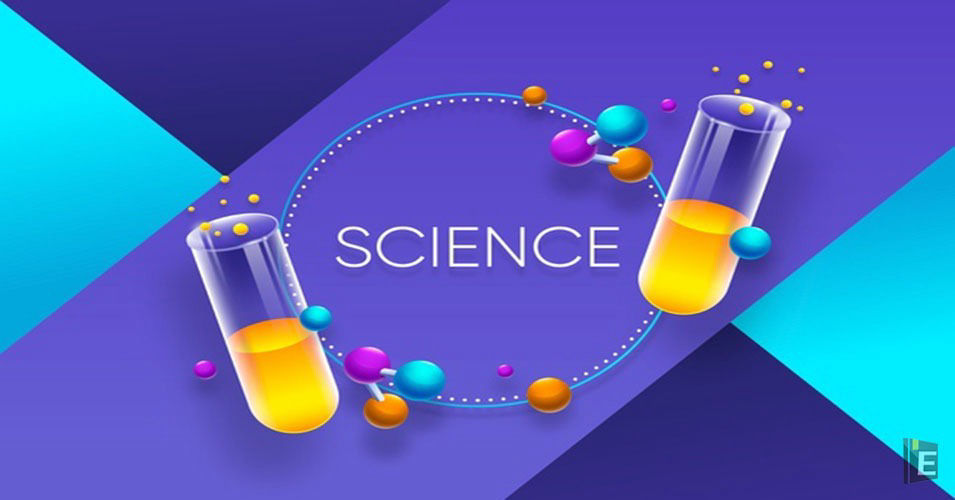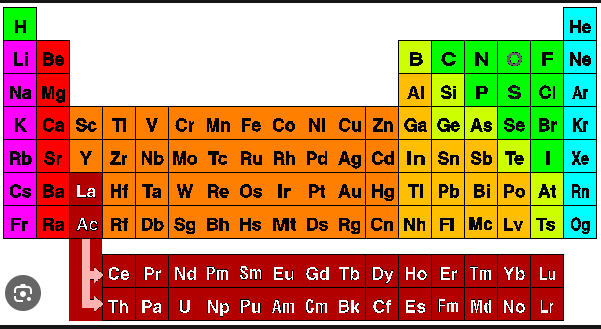Top 500 General Science GK Questions

Check your knowledge by solving questions and answers on General Science. it'll help learners for preparing competitive examinations and can be ready to score better as all the resources required to check General Science are provided here. We tried to simplify the complexities of a number of topics like chemistry, biology, and physics within the type of questions and answers in order for preparation to become easy for the scholars.
General Science GK
Providing Top 500 General Science GK Questions with Answers based on Basic Science, Chemistry, Physics, and Biology. The questions of General Science are asked in competitive exams like SSC, Bank, and Railway. Here we are providing a bunch of topmost and important questions with answers from General Science.
Also, Read Latest Current Affairs Questions 2023: Current Affairs Today
"Stay ahead of the competition with our General Knowledge Mock Test and Current Affairs Mock Test!"
Science GK Questions
Q :
In the presence of sunlight, plants prepare their food (glucose) with CO2 and water. What is this reaction?
(A) Displacement
(B) Disintegration
(C) Photochemical
(D) precipitation
Correct Answer : C
Explanation :
Photochemical is the process by which plants use sunlight, water, and carbon dioxide to create oxygen and energy in the form of sugar.
Which of the following elements is NOT a component of baking soda?
(A) Hydrogen
(B) Calcium
(C) Sodium
(D) Oxygen
Correct Answer : D
Explanation :
1. Which of the following calcium elements is not a component of baking soda?
2. The chemical formula of baking soda is NaHCO3, which is composed of four elements sodium, hydrogen, carbon and oxygen.
3. Baking soda is an alkaline substance used as a leavening agent in baking.
Which law was studied in the year 1787, in which it was said that the volume of a gas increases with its absolute temperature and if its absolute temperature decreases, then its volume will decrease?
(A) Boyle’s law
(B) Dalton’s law
(C) Avogadro’s law
(D) Charles's law
Correct Answer : D
Explanation :
1. Charles's law (also known as volume law) is an experimental gas law.
2. The volume of a gas increases with its absolute temperature and as its absolute temperature decreases its volume also decreases.
3. Charles's law was studied in the year 1787.
Identify a class of compounds that has a functional group –OH.
(A) Alcohol
(B) Ethane
(C) Ketone
(D) Aldehyde
Correct Answer : A
Explanation :
1. That class of compounds, which contain a functional group –OH, is called alcohol.
2. Alcohols contain a hydrogen atom and a hydroxyl group (-OH) along with a carbon atom.
3. The hydroxyl group is a polar group, which makes the alcohol soluble in water.
Hydrogen resembles the properties of which two groups of the periodic table?
(A) Group 2 and Group 17
(B) Group 1 and Group 3
(C) Group 1 and Group 17
(D) Group 2 and Group 4
Correct Answer : C
Explanation :

2. Following is some additional information about the properties of hydrogen.
- Hydrogen is a highly flammable gas.
-Hydrogen is a major component of water.
- Hydrogen can be used as fuel.
Hydrogen is used in the chemical industry to make many types of products.
The Nobel Prize in Chemistry 1951 was awarded jointly to Edwin Mattison McMillan and ______ for their discoveries in the chemistry of the transuranium elements
(A) Jacob Berzelius
(B) Leon Jouhaux
(C) Glenn T Seaborg
(D) Albert Schweitzer
Correct Answer : C
Explanation :
Edwin Mattison McMillan (September 18, 1907 – September 7, 1991) was an American physicist credited with being the first to produce a transuranium element, neptunium. For this, he shared the 1951 Nobel Prize in Chemistry with Glenn Seaborg.
In 1845, which German chemist published a method for the synthesis of acetic acid, a natural product containing two carbon atoms?
(A) Friedrich Wohler
(B) Marcellin Berthelot
(C) Joseph Gay-Lussac
(D) Hermann Kolbe
Correct Answer : D
Explanation :
1. In 1845, the German chemist who published a method for the synthesis of 'acetic acid', a natural product containing two carbon atoms, was Hermann Kolbe.
2. He created carbon disulfide with chlorine, and the end result was carbon tetrachloride.
The electron configuration of the atom with the atomic number '20' is?
(A) 2, 8, 10
(B) 2, 6, 8, 4
(C) 2, 8, 8, 2
(D) 2, 10, 8
Correct Answer : C
Explanation :
The electronic configuration of the element with atomic number 20 is 2, 8, 8, 2.
The element with an atomic number of 20 is Calcium, Ca.
The electron configuration is found using the Aufbau principle: 1s2, 2s2, 2p6, 3s2, 3p6, 4s2
It belongs to the 2nd group and 4th period.
The atomic number of an atom of an element is 17 and the mass is 36. What is the number of neutrons in its nucleus?
(A) 17
(B) 19
(C) 36
(D) 53
Correct Answer : B
Explanation :
An atom of an element has atomic number 17 and mass number 36. The number of neutrons in its nucleus is 19.
Which of the following will not be helpful in the process of separating a mixture of salt and water?
(A) Decantation
(B) Filteration
(C) Distillation
(D) Boiling
Correct Answer : A
Explanation :
Distillation, Boiling and Filteration (reverse osmosis) are helpful to separate the mixture of salt and water. Decantation only separates insoluble solids that settle on the bottom; thus, it cannot be used to separate a mixture of salt and water.



